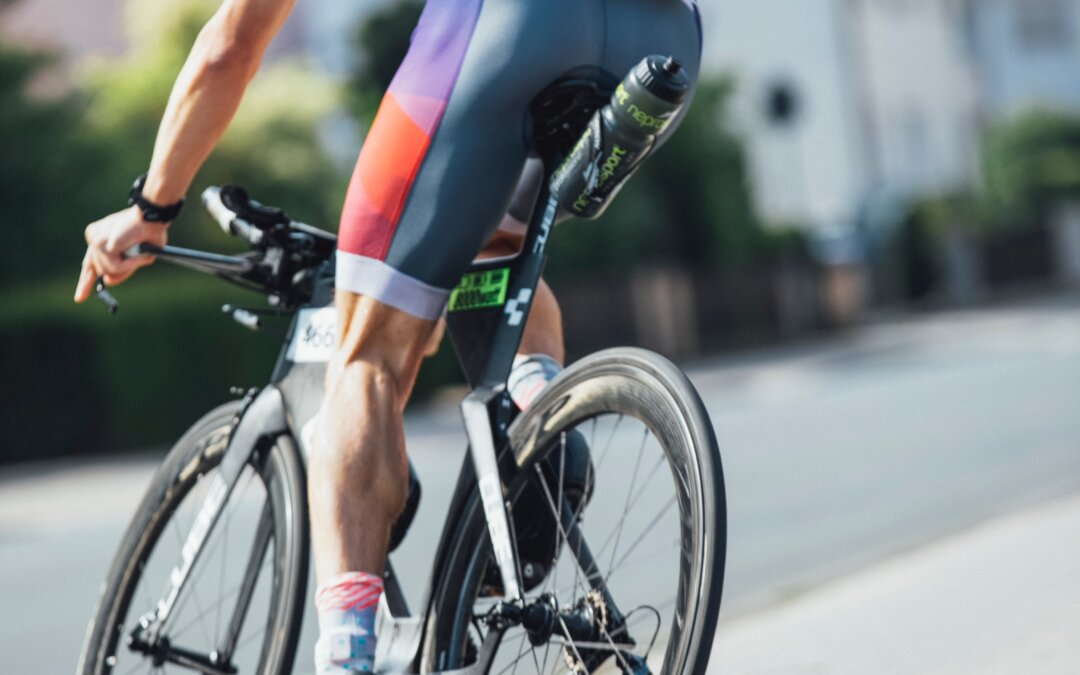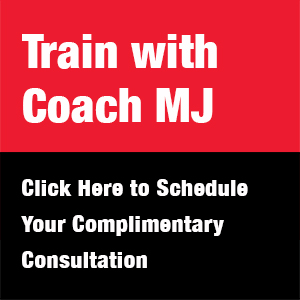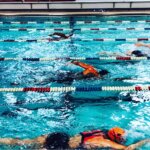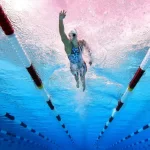Congratulations on deciding to sign up for your first Ironman 70.3 (Half Ironman)! While it is not a requirement that you have previously completed a sprint and/or an Olympic triathlon, it certainly is helpful to have some triathlon experience before tackling an event of this magnitude. Now that you’ve committed, it’s time to start putting together the pieces of the puzzle. This article will answer the most common questions on how to train for your first Ironman 70.3.
- When should I start training?
The answer to this question is different for everyone. No two people are exactly the same, so no two people will excel with the same exact time invested or training plan followed. Now you’re thinking, so how do I determine how long I need to prepare for this race? This is going to depend on the following: your goals, your previous triathlon background, your previous athletic background, the time you have available to train, other stress factors in your life, your health and any previous injuries. With all those things considered, majority of athletes will do well with between about 6-12 months of structured training to complete an Ironman 70.3.
- How many hours per week will I need to train?
This is another question that is different from individual to individual for many of the factors above. Note that the training volume changes throughout the program and will include some weeks as “rest weeks.” In the rest weeks, you don’t take the week completely off, but the training volume and/or intensity will decrease slightly in order to give your body a chance to recover. Generally speaking, plan for between 8 – 20 hours per week to prepare for your Ironman 70.3.
- What equipment will I need?
If you have some prior triathlon experience, it is likely you have most, if not all of this. There really is no limit to the gadgets and tools you can purchase, but you don’t need all of that! We here at Tri Right Coaching believe that less is more and having the best of the best equipment doesn’t always result in a best of the best race. Here’s what we feel best supports a solid Ironman 70.3 without breaking the bank:
- Tri suit (you swim, bike and run in this entire kit)
(***Women may wish to wear a sports bra underneath)
- Swim goggles
- Swim cap (the race will provide one for that day, but you need one for training)
- Wetsuit (not really required, but if you are a weaker swimmer or the venue where you will be swimming will be cold, you really want this!)
- Bike (road or time trial bike is fine)
- Helmet
- Bike shoes (with clips and pedals)
- Running shoes
- Hat/visor for run***
***Optional, but they help to keep sun off your face and prevent sweat from dripping in your eyes
- Sunglasses***
***Though these are optional, you really want them for the bike and possibly even for the run
- What kind of nutrition do I need?
Yet another questions that is highly dependent upon the individual. You may hear all kinds of recommendations about what works for other people, but that doesn’t necessarily mean it will work for you. While you can skate through a sprint or an Olympic triathlon with little to no nutrition, it’s not going to work for an Ironman 70.3. During your event, you’re going to need carbs as well as protein. One of the most important parts of nailing your nutrition in endurance events is to fuel early and fuel often because once you fall behind, it is very difficult, if not impossible, to get back up to a full tank. How much you take in is going to depend on your weight, your body’s ability to digest and a number of other factors. It is important to experiment with a variety of products during training and use what works best for you.
- The swim is important, too.
Many triathletes neglect the swim. Yes, the swim is the smallest portion of the triathlon, however, if you cannot make the time cut off in the swim, you will not be allowed to continue. Let’s say you do make the time cut off. If you have expended too much energy or spent too much time in the “red zone”, your overall race is going to suffer. If you want to have a successful race day, don’t neglect the swim.
- Vary your workouts.
It’s very common for the majority of age group athletes to train in the same zone. In other words, most age groupers train too hard on easy days and too easy on hard days. You will have better success if you include a variety of intensities: Sprint, tempo and long, slow workouts.
- Pay attention to your body.
No matter what plan or coach you use, it’s important to listen to your body. You and only you know when you’re pushing too hard. Many triathletes have “Type A” personalities and go hard and strong no matter what they are doing. If something doesn’t feel right, don’t push through it and hope it will go away just because you have a scheduled workout on the calendar. Rest days are just as important as your workout days. When something doesn’t feel right, it’s OK to take it easy or even a day off, if necessary.
- A coach is beneficial.
Sure, there is a plethora of free training plans online or cheap books you can buy to get you through your race. However, nothing can compare to the experience and knowledge of a good coach to help you achieve your best on race day. From questions about equipment, race venues, intensity levels, nutrition and even pep talks, a coach will most certainly improve your experience.
Have more questions about tackling your 70.3? Feel free to contact me! I’d be happy to help walk you through any concerns you have.
Train Right, Tri Right!
Coach MJ







